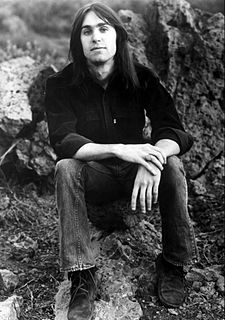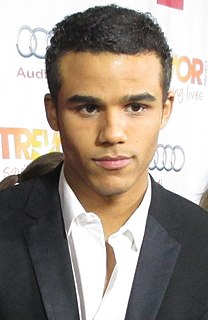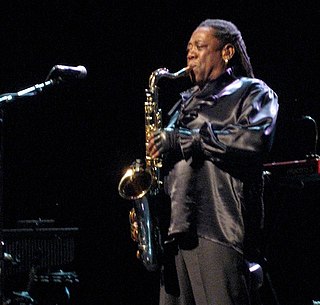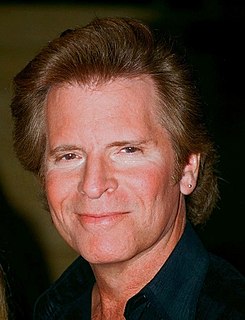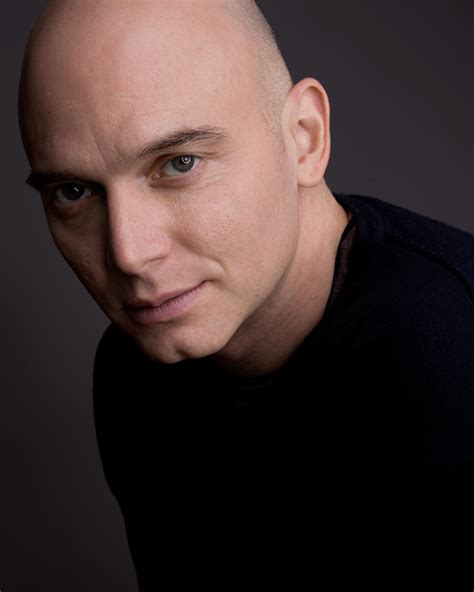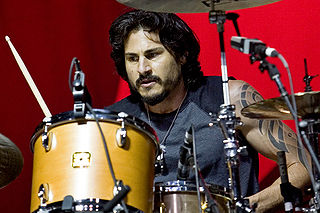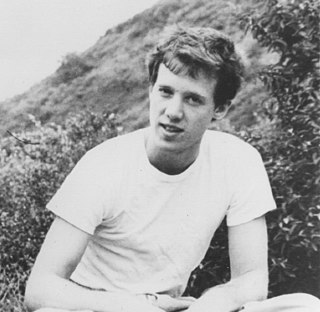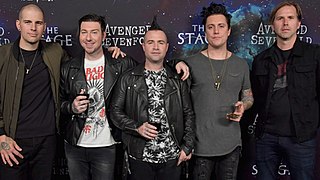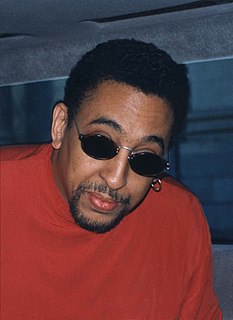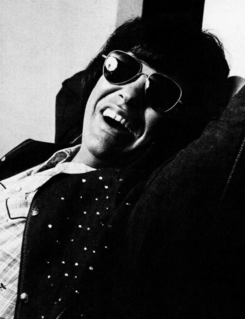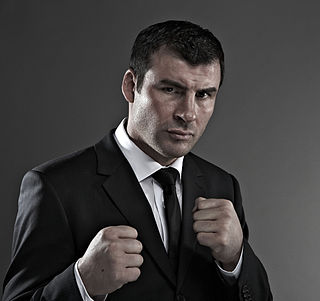A Quote by Dan Fogelberg
Related Quotes
Signing to a major, there weren't many bands from our sphere that were doing it. I mean, obviously R.E.M. had done it, and Husker Du and the Replacements had done it, and maybe Soul Asylum, but that was probably about it. Those four bands were pretty much the only ones from that milieu that had signed to a major.
I think it’s really important, and it’s a lesson I didn’t learn until my late teens: Whatever bands that you love, go find out what bands they love, and what bands turned them on, and then you really start getting into the human aspect of it because the further back you go in time the less technology you had, and consequently the better records you had. There’s this incredible library of music thank god.
This person had arrived, he had illuminated her, he had ensorcelled her with notions of miracle and beauty, he had both understood and misunderstood her, he had married her, he had broken her heart, he had looked upon her with those sad and hopeless eyes, he had accepted his banishment, and now he was gone. What a stark and stunning thing was life- that such a cataclysm can enter and depart so quickly, and leave such wreckage behind!
